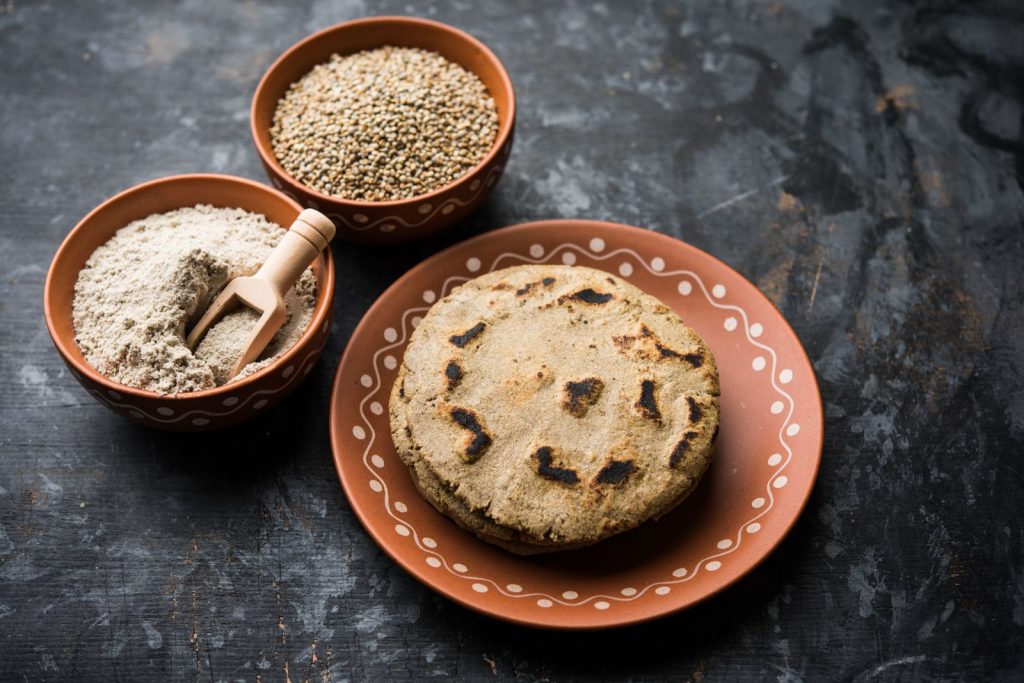Shilpa Joshi, RD June / 21 / 2019
There are many dietary fads which do rounds every now and then. Along with many other fads, going off gluten is the new kid on the block. These fads are so popular that most people following it have no clue about the science behind it. Let’s see what Gluten is and what can it do.
Gluten is name of a protein typically found in wheat, rye, spelt and barley. As wheat is the most commonly used grain in India, let’s for all practical purposes think of gluten as a wheat protein. This protein gives glue like consistency to wheat flour, when mixed with water (glue like –hence gluten). It also helps wheat products like chapati, puri, bread etc to be rolled (elasticity) and retain its shape. It also provides a chewy and satisfying texture to the foods.

Chemically gluten is made up of 2 proteins: glutenin and gliadin. It’s the gliadin fraction of the protein which is related to the negative side effects. Most of the people can tolerate gluten completely. In certain cases, individuals cannot tolerate this protein. The most well-known being an auto-immune condition called as celiac disease (gluten sensitivity enteropathy). In celiac disease, antibodies are formed against this protein and they can damage gut wall. This damaged gut wall can cause mal-absorption of other nutrients and severe digestive issues. The most common symptoms of celiac disease are digestive discomfort, tissue damage in the small intestines, bloating, diarrhoea, constipation, bloating, skin rashes, anaemia, weight loss and foul-smelling faeces. Individuals with pre-existing autoimmune conditions are more prone to this e.g. Type 1 diabetes. In cases of celiac disease gluten has to be completely eliminated from their diets.
Gluten is also not tolerated well in other conditions like in Irritable bowel syndrome, non -celiac gluten sensitivity, inflammatory bowel disease (Crohn’s disease and ulcerative colitis). In such cases, gluten is avoided initially and the re-introduced based on tolerance to the amount.
For a person who is battling gluten sensitive enteropathy most of the foods other than wheat, rye are allowed. So instead of eating rotis made of wheat they can choose other grains/ millets like rice, jowar, bajra, ragi, corn etc. Besides this all pulses, vegetables, fruits, meats, eggs, dairy are permitted. Challenges come only when this person has to eat ready to eat foods or eat out in restaurant. A small amount of mixing of wheat, eg while using common spoon or sieves while preparation can cause flaring of symptoms.



